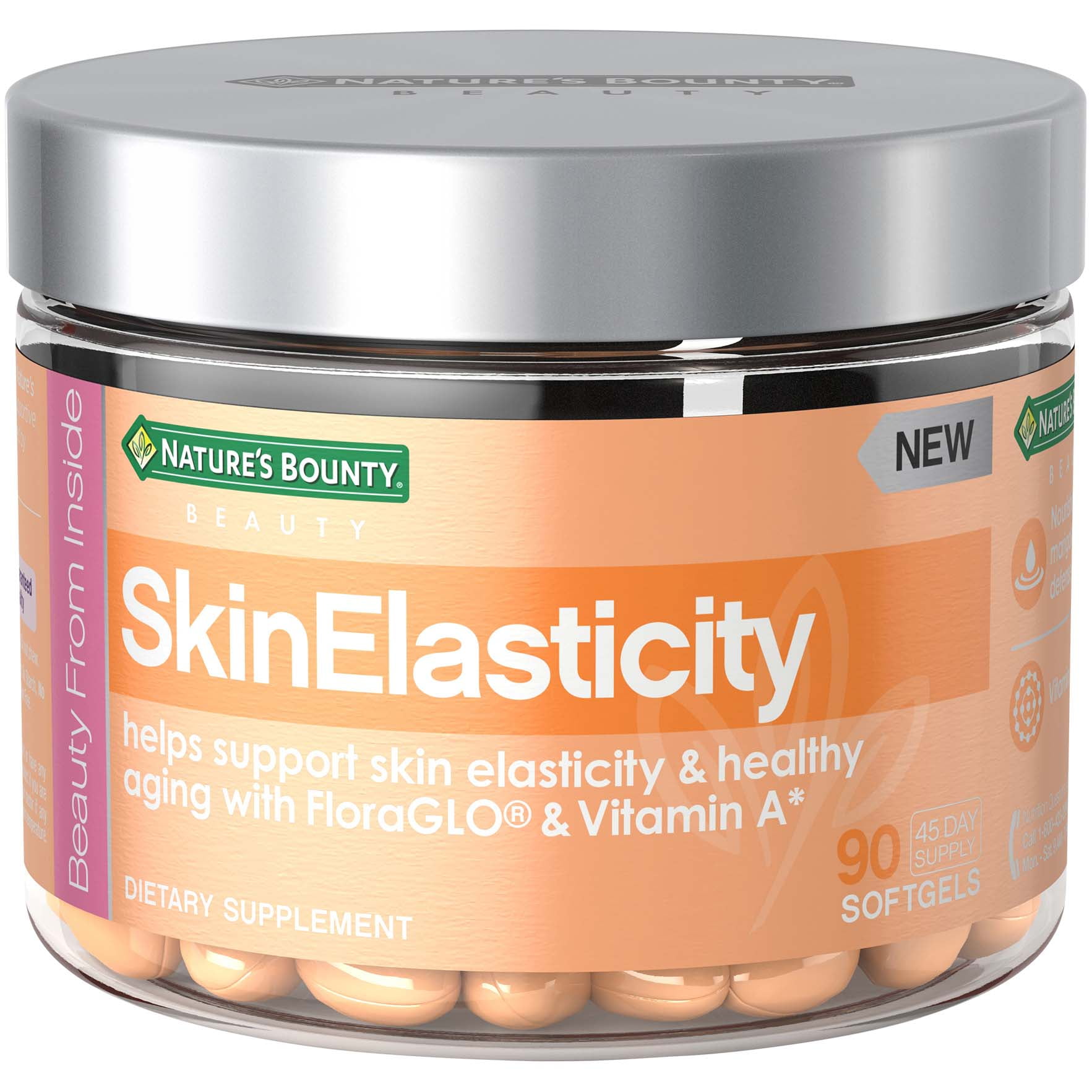Vitamin for Skin Health

Why Do We Need Vitamins for Our Skin?
Vitamins such as A, C, and E are antioxidants that protect the skin from free radicals, which are harmful molecules that can damage our skin cells. Vitamin D helps in preventing skin aging and reducing inflammation, while vitamin K is essential for blood clotting and can help reduce the appearance of dark circles under the eyes.
Vitamin A
Vitamin A, also known as retinol, is crucial for maintaining healthy skin. It helps in regulating the growth of skin cells and promoting collagen production, which can reduce the appearance of fine lines and wrinkles. Vitamin A can also help in preventing acne and improving skin texture. Foods that are high in vitamin A include sweet potatoes, carrots, spinach, and liver.
Vitamin C
Vitamin C is an essential nutrient that plays a crucial role in maintaining healthy skin. It is a powerful antioxidant that can protect the skin from free radicals and prevent skin aging. Vitamin C also helps in promoting collagen production, which can improve skin elasticity and reduce the appearance of fine lines and wrinkles. Foods that are high in vitamin C include citrus fruits, strawberries, kiwi, and broccoli.
Vitamin E
Vitamin E is another powerful antioxidant that can protect the skin from free radicals and prevent skin aging. It also helps in moisturizing the skin and improving its texture. Vitamin E can be found in foods such as nuts, seeds, and vegetable oils.
Vitamin D
Vitamin D is essential for maintaining healthy bones, but it also plays a role in maintaining healthy skin. It helps in preventing skin aging and reducing inflammation. Our body can produce vitamin D when we are exposed to sunlight, but it can also be found in foods such as fatty fish and fortified dairy products.
Vitamin K
Vitamin K is essential for blood clotting, but it can also help reduce the appearance of dark circles under the eyes. It can be found in foods such as leafy greens, broccoli, and soybeans.
The Benefits and Drawbacks of Taking Vitamins for Skin Health
Benefits
- Can protect the skin from free radicals
- Can reduce the appearance of fine lines and wrinkles
- Can improve skin texture and elasticity
- Can prevent acne
- Can reduce inflammation
- Can help reduce the appearance of dark circles under the eyes
Drawbacks
- May cause skin irritation or allergies
- May interact with medications
- May cause vitamin toxicity if taken in excess
- May not work for everyone
FAQ
1. Can taking vitamins improve my skin's health?
Yes, certain vitamins such as A, C, E, D, and K can contribute to healthy skin by protecting it from free radicals, promoting collagen production, and reducing inflammation.
2. Can taking vitamins cause skin irritation?
Yes, some people may experience skin irritation or allergies when taking certain vitamins. It is important to consult with a healthcare professional before taking any supplements.
3. Can taking vitamins interact with my medications?
Yes, certain vitamins can interact with medications. It is important to consult with a healthcare professional before taking any supplements, especially if you are taking medications.
4. Can taking vitamins cause vitamin toxicity?
Yes, taking too much of certain vitamins can cause vitamin toxicity, which can be harmful to your health. It is important to follow the recommended daily intake of vitamins and consult with a healthcare professional before taking any supplements.
Conclusion
Taking vitamins can contribute to healthy skin by protecting it from free radicals, promoting collagen production, and reducing inflammation. However, it is important to consult with a healthcare professional before taking any supplements and to follow the recommended daily intake of vitamins. In addition to taking vitamins, maintaining a healthy lifestyle and using sunscreen can also help in maintaining healthy skin.
